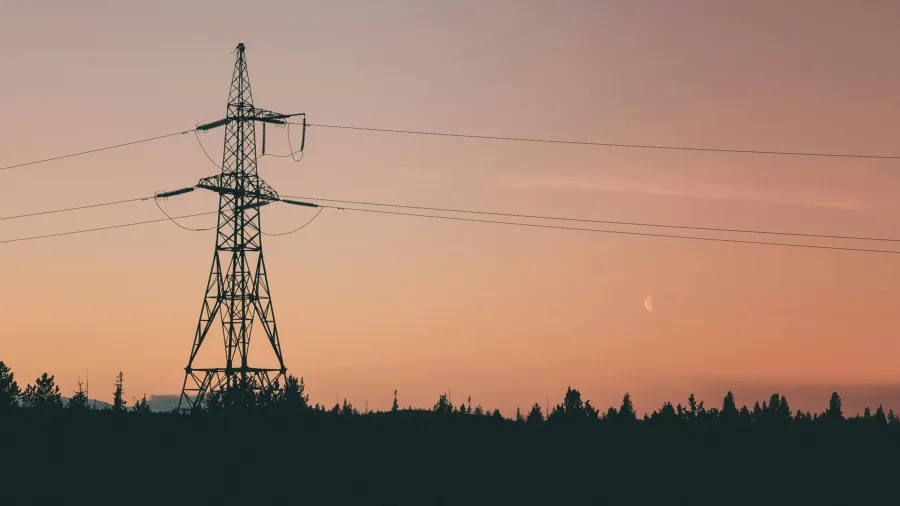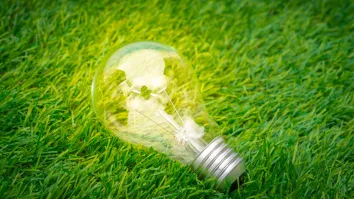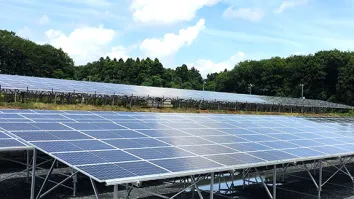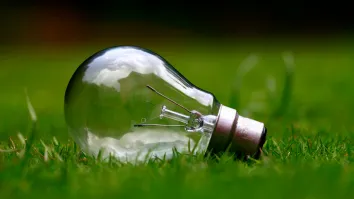
India to add 6 GW of battery energy storage by FY 2028
As of March 2024, the country has less than a gigawatt of operational capacity.
India’s battery energy storage capacity is projected to jump to six gigawatts (GW) by 2028 driven by a robust pipeline of projects under implementation and an expected healthy pace of auctions, according to CRISIL Ratings.
In a statement, CRISIL said this growth, which comes from an operational capacity of less than one gigawatt as of March 2024, is vital to absorb the rising share of renewable energy in India’s total energy mix.
“Storage is becoming crucial with the rising share of RE — both solar and wind — in the overall power generation mix. This is because RE generation by nature is concentrated, happening at specific times in a day,” CRISIL said.
For instance, solar generation peaks during the day, whilst electricity demand is highest in the morning and evening. Energy storage bridges this gap by storing excess solar power for later use, maintaining grid balance.
CRISIL said India is currently ramping up efforts to boost its energy storage capacity.
“About 3 GW of standalone storage and ~10 GW of storage-linked projects with ~2 GW of storage were auctioned in the past two fiscals (vs less than 1 GW previously), resulting in a healthy pipeline of ~6 GW of storage as of May 2024,” it said.
The company said this capacity is needed to increase the proportion of clean energy to 20% to 22% in the overall power generation.
However, CRISIL Ratings Senior Director Manish Gupta said that the slow adoption by state distribution companies has been a deterrent to implementation. He noted that 60%-65% of such projects had not got their power purchase agreements (PPA) executed until May 2024.
A major reason for this is higher tariff on these projects compared with other RE bids because of additional cost of storage.
CRISIL expects India’s push to promote renewable energy and comparable tariffs of storage projects with other sources of round-the-clock power will provide a fillip to adoption.
Ankit Hakhu, director at CRISIL Ratings, said that though tariffs of projects with storage are above the typical renewable bids, they are comparable with that of other round-the-clock sources, including tariffs discovered through medium-term power purchase agreements of coal thermal plants.
“This further provides confidence on increase in traction of signing of PPAs,” Hakhu said.
CRISIL said the six-gigawatt projection remains sensitive to project cost estimates and timely implementation. More than anticipated rise in cost or unavailability of key raw materials can impact viability since tariffs are fixed and do not provide a pass-through.

















 Advertise
Advertise







